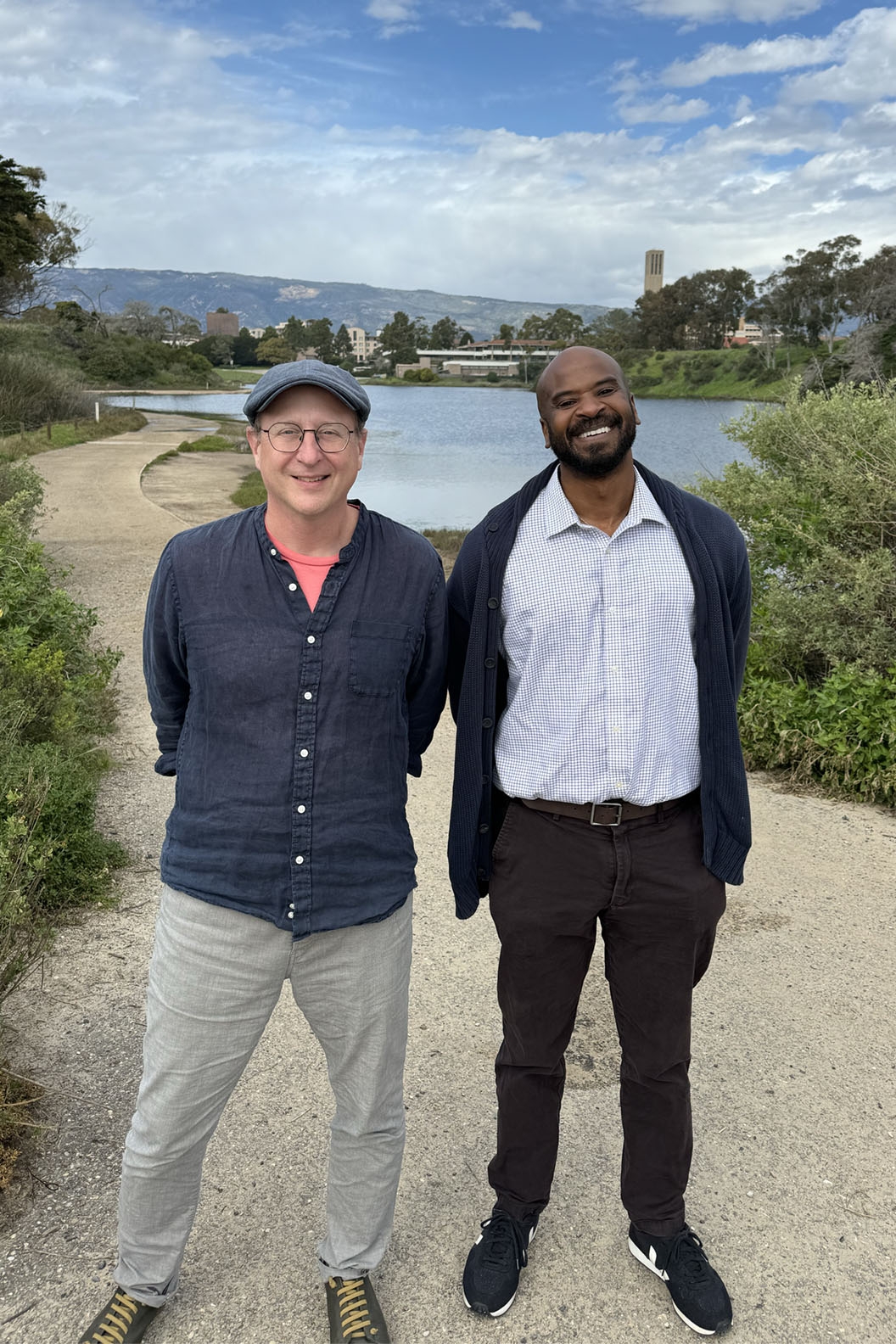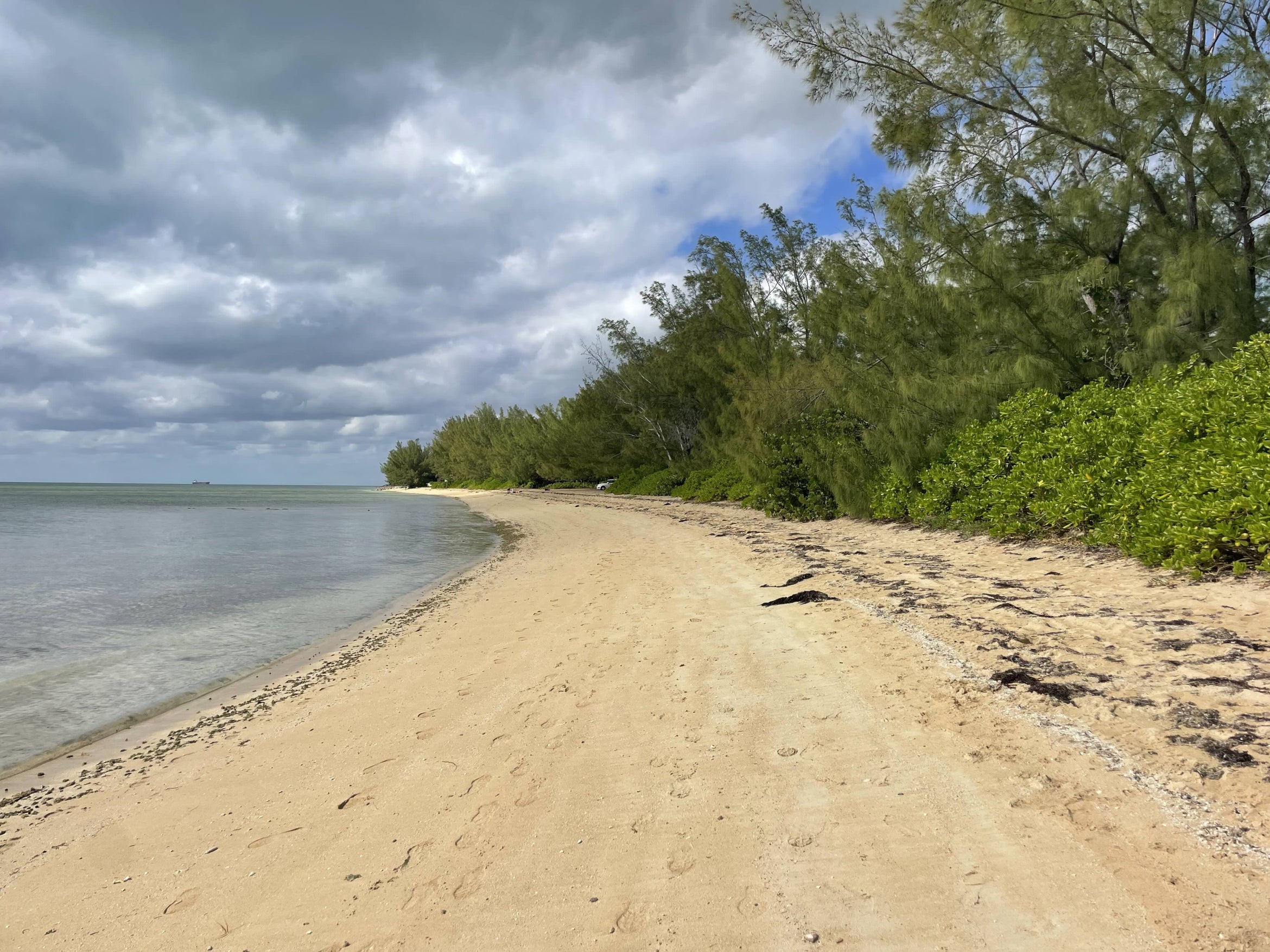Russell Sage Foundation taps UCSB social scientists for fellowships
UC Santa Barbara social scientists Waverly Duck and David Sherman are heading to New York for the 2024-25 academic year to pursue research projects as visiting scholars of the Russell Sage Foundation.
During the fellowship, Duck, a professor and the North Hall Endowed Chair in the Department of Sociology, will investigate how the concept of cooperation — in society, relationships, organizations and institutions — is hindered by exclusion and inequality. His study of a “hidden social order” will shine light on the experiences of historically marginalized individuals, particularly racial, gender and LGBTQ+ minorities, he said.

“My ethnographic and interactionist study focuses on marginalized groups that serve as ‘natural experiments’ by unintentionally challenging societal norms, revealing the structure of social order through their struggles in interactions,” Duck added. “This leads to a keen awareness of social rules among historically marginalized individuals . . . making these norms particularly evident in various areas, such as work, family and education. Their experiences make systemic oppression visible, offering sociological insights into the dynamics faced by trans/intersex individuals, ethnic/racial minorities, and those with disabilities or mental health conditions, whom those in power have traditionally excluded.”
Sherman’s research will examine the role that social psychological factors play in the climate crisis, both in terms of understanding institutional barriers to passing climate policy in the U.S. and of promoting individual adoption of behaviors that reduce carbon emissions.
“I will be interviewing climate scientists, politicians and activists to provide broader context for the empirical research in environmental, social, political and cultural psychology,” Sherman said, noting that he will “explore the connections and mis-connections between the public and policymakers and how activists and the media can be powerful forces to promote, or inhibit, the expression of public will into climate policy.”
Sherman’s project also builds on ongoing research conducted in the Social Climate Science Lab at UCSB, where he is a professor in the Department of Psychological & Brain Sciences.
The Russell Sage Foundation was established in 1907 by Margaret Olivia Sage for “the improvement of social and living conditions in the United States” through strengthening the methods, data and theoretical core of the social sciences. Its program for visiting scholars offers social scientists a venue for interdisciplinary collaborations and the exchange of ideas in social, economic and political realms.
Keith Hamm
Social Sciences, Humanities & Fine Arts Writer
keithhamm@ucsb.edu



